A positive mindset, self-confidence, strengths, and accomplishments can all inspire you to create an influential resume that gets noticed.
When you read your own resume, does it make you happy? Does it make you believe that you are a truly valuable employee that any company would be lucky to have as part of its team? It should. In fact, your resume should deliver a message that inspires and motivates hiring managers to call you in for an interview as soon as they see your application. The problem is that if you don’t find your resume inspirational, chances are nobody else will either.
In this post, we will explain why your resume needs to be positive and inspiring, and how that can impact your confidence and success as you search for a new job. In addition, we will explore strategies you can use to make your resume more inspirational.
Why is an inspirational resume so important?
One of the most important assets you have in any job search is your confidence. However, self-confidence is not enough. You also need to have confidence in all the tools you use as you search for a better job. And when it comes to job search tools, your most powerful asset is the resume that you submit to potential employers. Since that resume is almost always your only chance to make a great first impression that can lead to an interview, it is important for you to have confidence that it can do that job.
Unfortunately, it is all too easy to end up with a resume that fails to inspire. All it takes is a little self-doubt or a dose of negativity to craft a dry, uninspiring resume narrative. In other words, if you are not confident about your own abilities and achievements, that negativity will be reflected in your resume—and that could spell big trouble for your job search chances.
Reclaim your positive mindset
Before you even touch your resume, it is vital to ensure that you do so with a positive mindset and a healthy dose of self-confidence. It is always difficult to sell anything that you don’t believe in, so take the time to regain your belief in your own value as an employee. Humility is a wonderful thing, but it should never have a prominent place in your resume!
Instead, you need to learn how to focus on your own positives. Do some self-reflection to remind yourself of just how far you have come in life, all the obstacles you have overcome, and the impact you have had on your friends, family, co-workers, and employers. Do not be afraid to allow yourself to be inspired by your own story.
It can be helpful to just start writing down all of your achievements, positive traits, strong relationships, and even charitable endeavors. Include everything you can think of that you’ve ever done to make your company and community a better place. You don’t have to show this to anyone else, so feel free to toot your own horn as much as you want. Remember, the idea is to get in touch with your positive mindset again so that your own story can inspire you. Once you’ve done that, it will be time to transfer that inspiration to your resume.
Tips you can use to identify positive, inspiring achievements for your resume
The following tips can help you to focus on your inspirational achievements and identify accomplishments and attributes that you can include in your resume.
Start a brag book
If you haven’t already started your own brag book, then now is the time. As Amanda Augustine notes in her stellar piece, The One Thing Successful People Do to Get Ahead, a brag book is one of the easiest ways to learn how to “confidently talk about your strengths and the value you can bring to a prospective client or employer.”
Your brag book is simply a running digital document or notebook in which you record all of your achievements, with quantifiable results that show how your work benefited your employers and customers. Augustine recommends updating your book regularly, to ensure that you don’t forget to document notable accomplishments.
Needless to say, your brag book can eventually become a great resource for recalling positive achievements during any resume revisions or even during negotiations for a raise in pay. It will take time to put together, so the sooner you get started the sooner you’ll have one more tool to aid in your career advancement.
Look at previous performance reviews and other feedback
It is also important to take note of how others have assessed your work. What positive statements were made about you in past performance reviews? What compliments have you received from co-workers, supervisors, and customers? Add these types of feedback to your brag book too.



